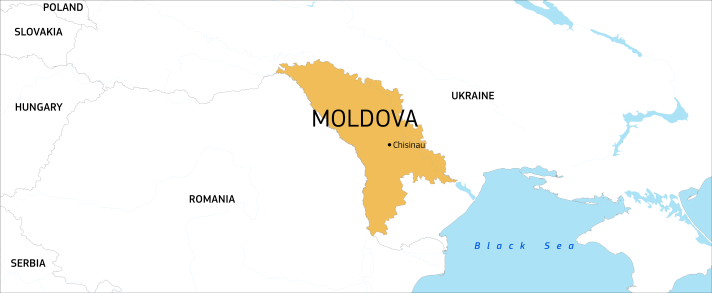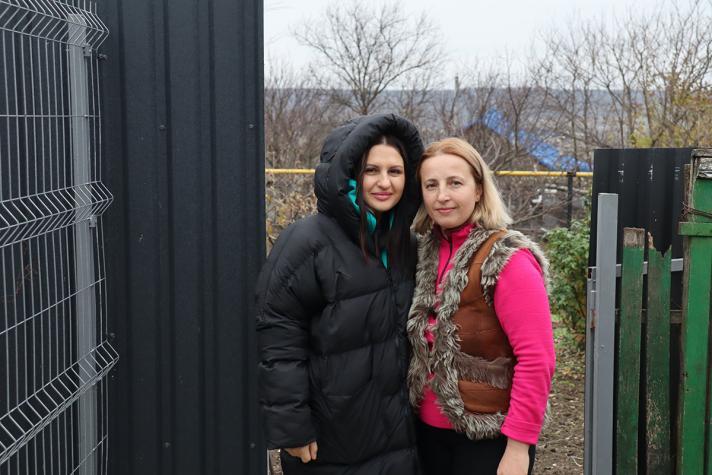Introduction
Russia’s aggression against Ukraine, which began in February 2022, continues to have significant consequences for neighbouring Moldova.
Since the start of the hostilities, more than 1.8 million people fleeing from the war entered Moldova, which still hosts over 123,000 Ukrainian refugees. The country has also been heavily affected by high inflation, security threats, and other challenges.
The EU has been funding humanitarian projects that provide services to the most vulnerable refugees and their host families in Moldova since the onset of the military aggression.
What are the needs?
The majority of those displaced from Ukraine are currently residing in Moldova without any form of income and are living with local host families. These refugees depend on their savings and on humanitarian support to meet their basic needs, as well as for protection and access to health care.
Most of the refugees in the country are women and children. Given the profile of the refugee population, the risk of gender-based violence and human trafficking remains high. Compared to EU Member States, a greater percentage of the Ukrainian refugees in Moldova belong to vulnerable groups. On average, Moldova hosts double the percentage of people with disabilities, 60% more elderly, and double the number of households with a family member with a serious medical condition.
It is still necessary to assist people on the move at border crossing points and in the refugee accommodation centres. They require food and water, emergency health care, clothes, protection screening, and other types of assistance, including psychological first aid.
High inflation and the increasing cost of food, heating and basic commodities create added challenges for vulnerable displaced people. Harsh weather conditions in the upcoming winter are likely to further restrict access to services for certain groups, especially older persons, individuals with disabilities, and single-headed households.
The Moldovan government has granted temporary protection to refugees from Ukraine, allowing them to access important rights and services.

How are we helping?
The EU is funding humanitarian projects in Moldova to support vulnerable Ukrainian refugees and the Moldovan families hosting them. Since the start of the war, the EU has provided €76 million in humanitarian assistance to Moldova.
EU humanitarian partners have been at the centre of the humanitarian response in the country. They have provided cash assistance, warm clothes, transportation, medical care, and psychosocial support to vulnerable people on the move. In particular, EU-funded cash assistance helps refugees and host families meet their basic needs like food, shelter, and healthcare.
Lyudmilla, a Ukrainian native, and Tatiana from Moldova are cousins. Their lives were brought together by the war in Ukraine that started in February 2022.
Forced to flee her home in Mykolaiv, Lyudmilla and her 7-year-old daughter Irina found refuge in Moldova. Despite the warm welcome they received, she longs to one day return to Ukraine.

With the EU humanitarian support, the Moldovan authorities have established Refugee Accommodation Centres across the country, 38 of which are currently functional and hosting 2,000 extremely vulnerable individuals.
In September 2023, Moldova joined the EU Civil Protection Mechanism as a participating state. Established in 2001, the Mechanism aims to strengthen the cooperation between the EU Member States and participating states on civil protection to improve prevention, preparedness, and response to disasters.
Last updated: 24/09/2024

